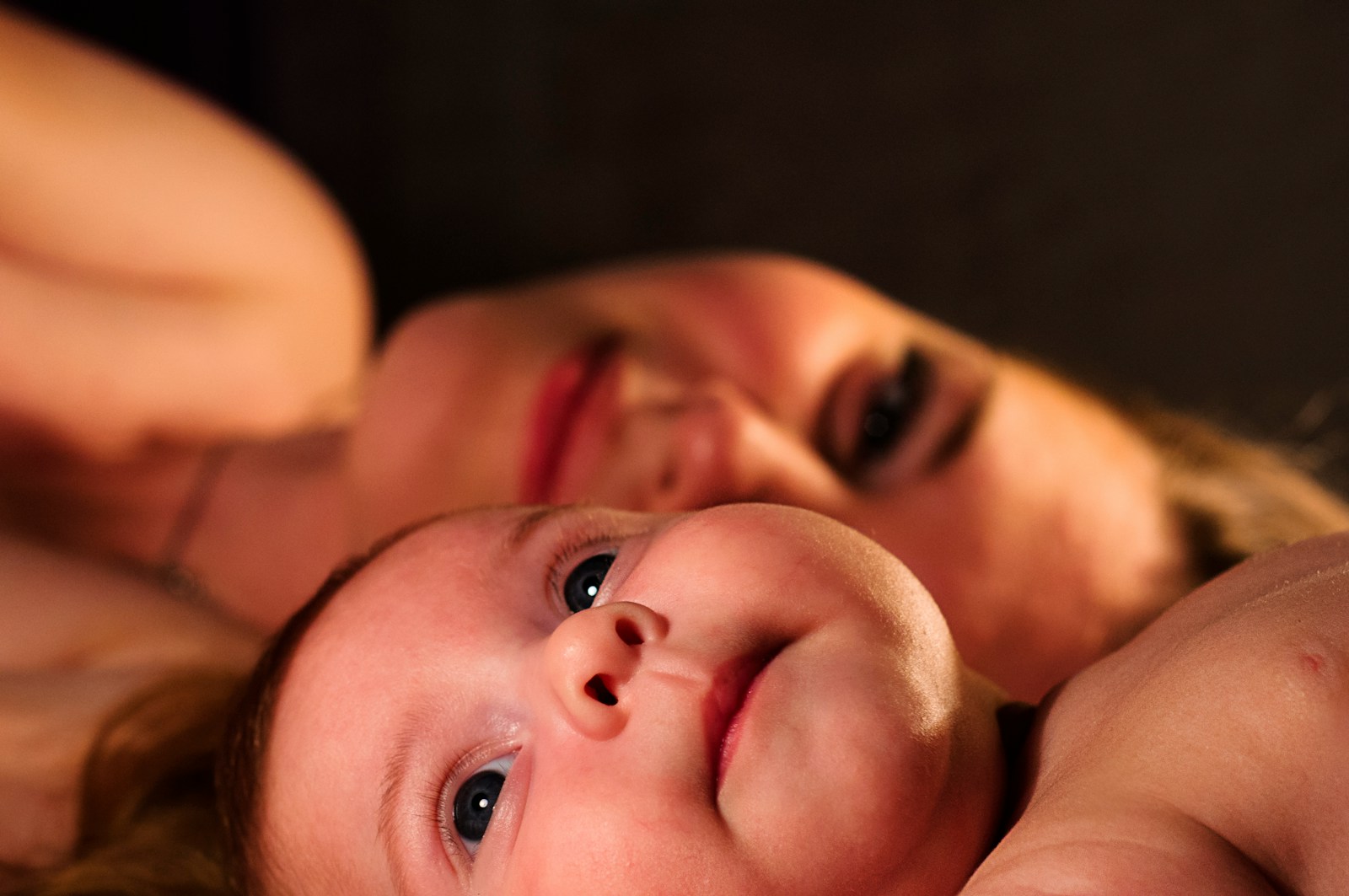Breast cancer is a malignant cell growth in the breasts of women. If left untreated, the cancer spreads to other areas of the body. Breast cancer is ratedas the second most common type of cancer in women and the second leading cause of cancer-related death in women. The causes of breast cancer are not yet known, but studies have revealed that breast cancer shows the presence of estrogen in the body… The first signs of breast cancer are abnormality in the shape and size of the breasts which show in the mammogram. Most common type of cancer is adenocarcinoma which develops in the glandular tissue. Other less common types of breast cancer include inflammatory breast cancer, cancer in central breast tissue, Mucinous carcinoma which usually occurs in women after menopause and Paget disease of the nipple which starts in the milk ducts and spreads to the skin around the nipples.
Ways to prevent breast cancer
There are less chances of breast cancer developing in young women but if it does strike it can be more aggressive.
- Lifestyle changes have been shown in studies to decrease breast cancer risk even in women who are at high-risk.
- Maintain a healthy weight as obesity can lead to breast cancer. Obesity that develops after menopause increases the risk of breast cancer.
- Regular exercise can help to prevent cancer by boosting the immune function, reducing weight and lowering the levels of estrogen and insulin. Exercises 45 minutes five times a week or regular fitness workouts can work wonders.
- Studies have shown that drinking alcohol regularly can increase the risk of breast cancer. It is recommended that wine need to be swapped with grape juice. The component resveratrol that is found in the skin of grapes helps in reducing estrogen level which can reduce the risk of breast cancer.
- A low fat diet comprising of fruits and vegetables helps in reducing the risk of breast cancer and recurrence of breast cancer. Cruciferous vegetables like broccoli and kale gives more protection. These vegetables contain sulforaphane which is found to prevent the multiplication of cancer cells. Raw vegetables are much more beneficial. Actually diet plays a greater role than weight management to prevent breast cancer. Studies show that overweight women who exercise and eat lots of fruits and vegetables are at a lower risk of breast cancer than those who take less amount of fruits and vegetables and have no exercise
- Breast cancer is found to be hereditary and it comes down in the family because of their genetic make-up. Genetic means that the condition is passed in the families through special cells called genes. The genetic ‘makeup’ is important because the genes inherited from the parents controls the various aspects of the body.
- It is suggested that all women must get their breasts clinically examined in every three years and annually after the age of 40. Women with the history of cancer in the family should get a checkup done at least 10 years before the age of the family member’s diagnosis of cancer.MRI or a sonogram in addition to the mammogram will be more helpful in the diagnosis of breast cancer in young women.
- Smoking in women is directly associated with development of cancer especially after the menopausal age.
- Breast-feeding can play a role in breast cancer prevention. The longer the child is breast-feeding, the greateris the protective effect of cancer.
- Combination Hormone therapy for more than three to five years increases the chances of the development of breast cancer.
- Exposure to radiation and environmental pollution like medical-imaging methods like computerized tomography or use high doses of radiation, are linked with breast cancer risk. They should be avoided as far as possible.
- Some researchers also suggest a link between breast cancer and exposure to the chemicals found in some workplaces.
Conclusion—most common form of cancer present worldwide is the breast cancer in women. It is increasing in developing countries where the diagnosis is done at a much advanced stage. Prevention of breast cancer promotes a healthy diet, physical exercise, limitation of alcohol and smoking, and reducing extra weight. Some risk factors can be achieved with prevention but most breast cancers cannot be eliminated in, low and middle income countries.





